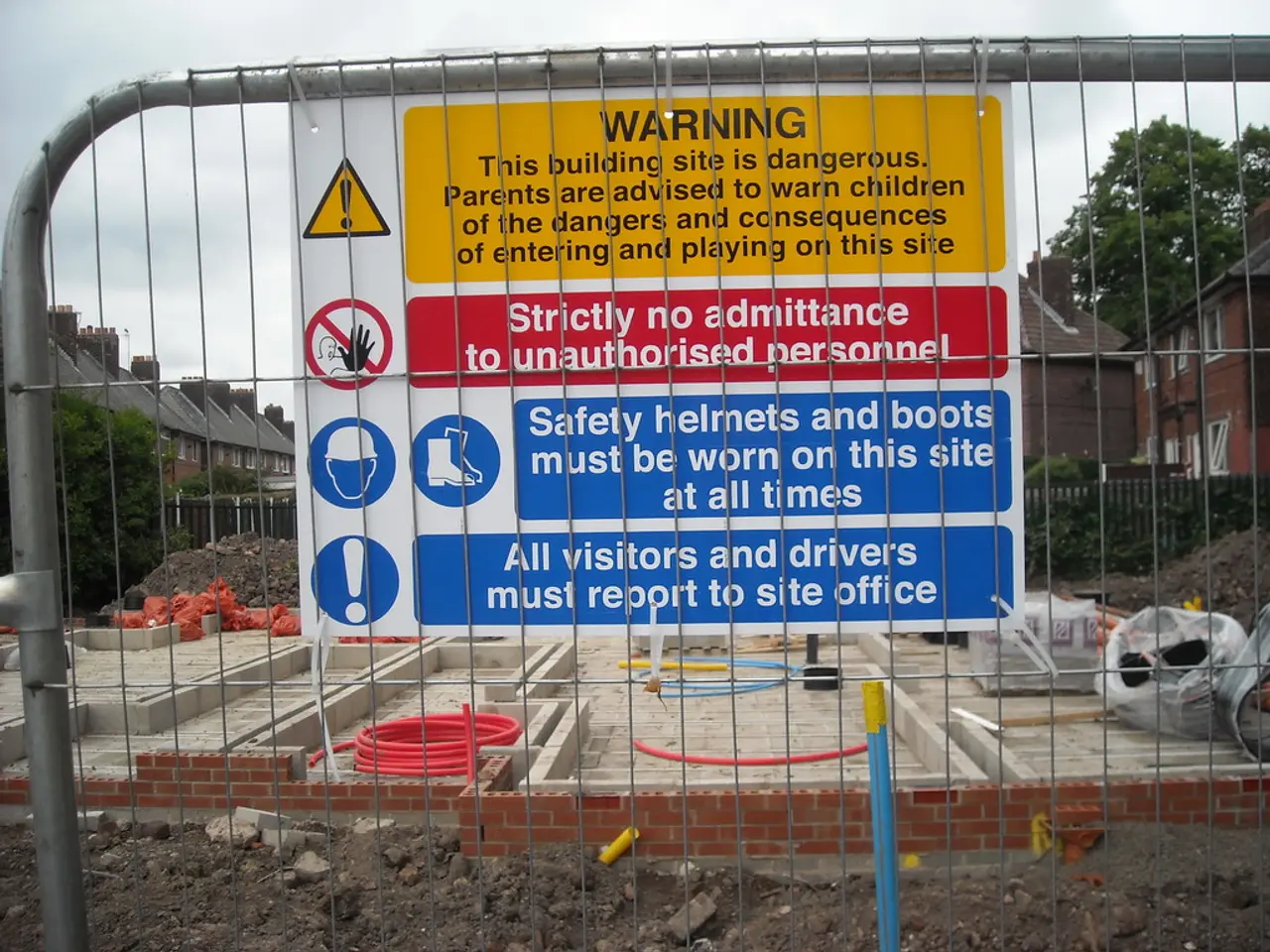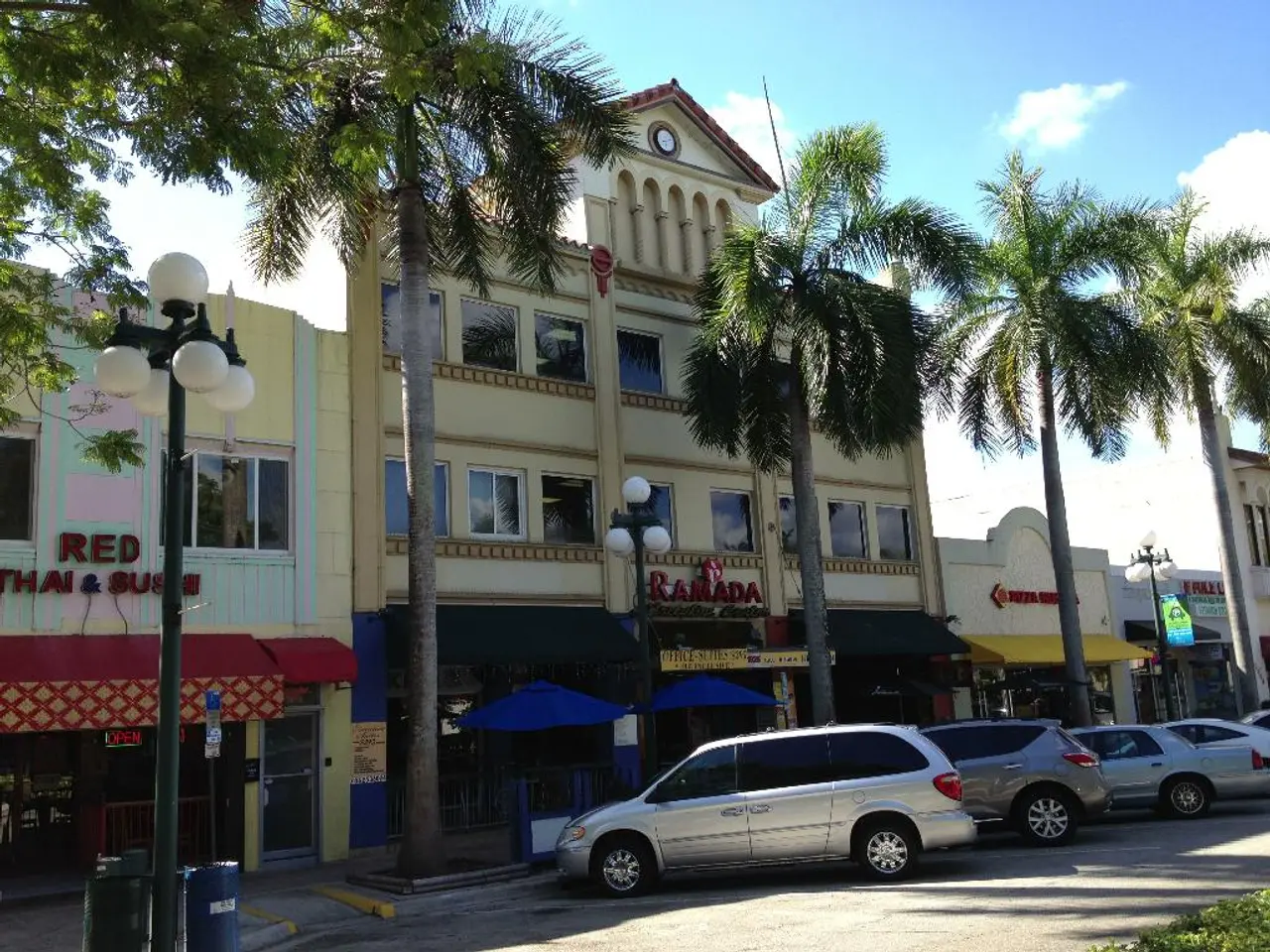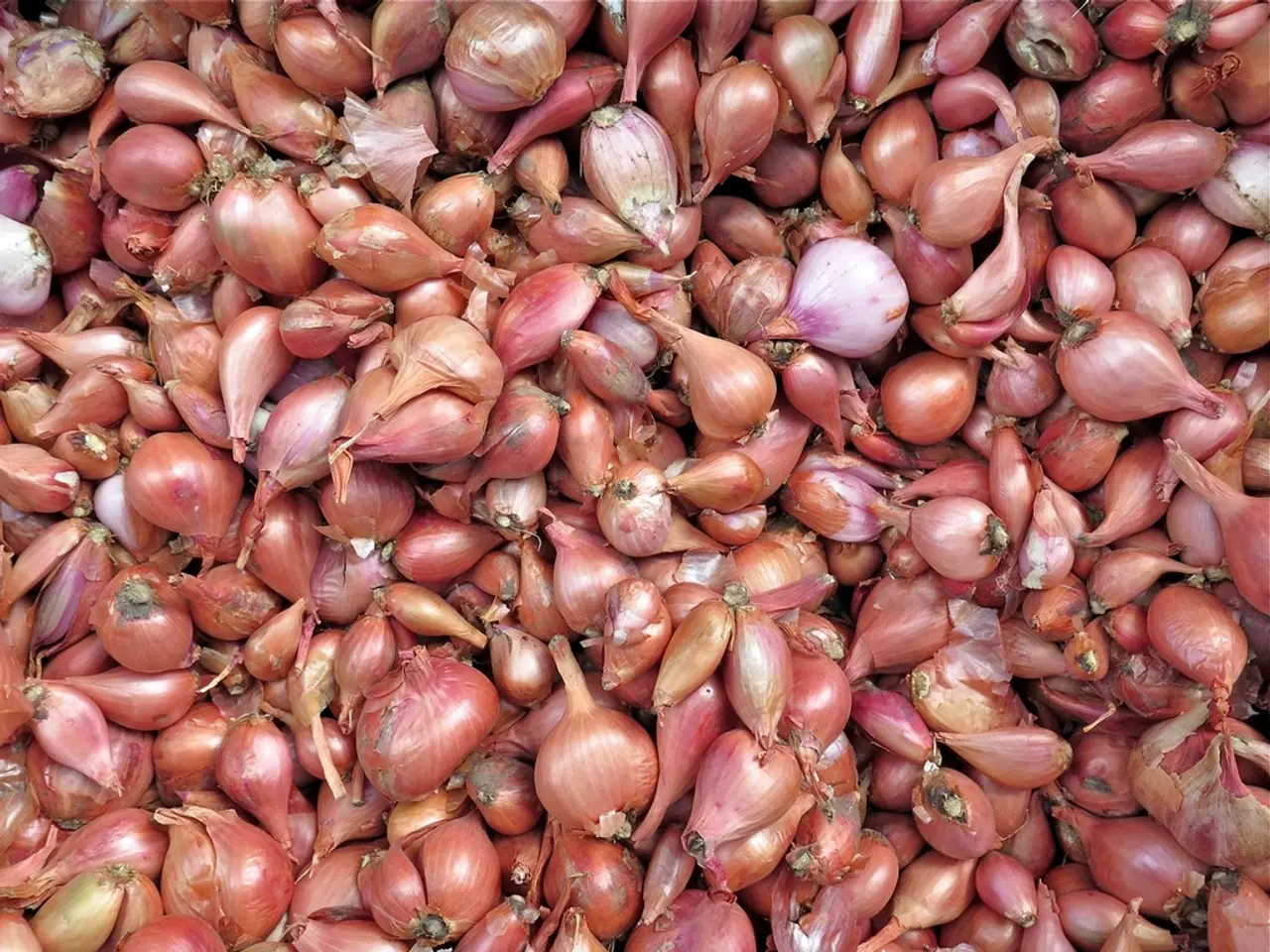Residents stands firm against proposed land contract
A legal dispute over land ownership in Buri Ram's Khao Kradong area is causing a stir, with potential implications for several iconic sports venues and the local economy. The dispute centres around the State Railway of Thailand (SRT) claiming ownership of the land, a position supported by the Supreme Court and the Interior Ministry.
The affected properties include the Chang International Circuit, Thailand's only FIA Grade 1 and FIM Grade A racetrack, the FIFA-standard Chang Arena, and associated Buriram United and hotel businesses. The closure of the Chang International Circuit could jeopardize international events such as MotoGP, GT World Challenge Asia, and the Asian Le Mans Series.
The Interior Ministry invoked Section 61 of the Land Code to authorize the revocation of titles following joint boundary inspections with SRT. However, this decision has been met with resistance from local residents and stakeholders, who claim prior legal possession of the land.
Legal representative Chanin Kanhirun argues that the SRT's claims are based on limited court rulings and do not override the rights of legitimate landholders. He asserts that no royal decree or legal act, including the 1921 Rail and Highway Management Act, has granted this land to the SRT. Furthermore, he claims that revoking deeds based on questionable documents could amount to misconduct and criminal offences.
The unresolved dispute threatens all 995 landholders with forced eviction, a concern raised by Tanaisiri Chanvitayarom, the managing director of the Chang International Circuit. He stated that the facility has generated over five billion baht in revenue. Pramoonchai Nopsuwanwong, director of operations at Buriram United, considers Chang Arena as more than a football stadium and a vital cornerstone for regional sports and tourism.
If the issue is politicized, it could damage Thailand's entire sports ecosystem, according to Pramoonchai. Tanaisiri also expressed concerns about the collapse of talent development programs like BRIC Superbike, which grooms Thai racers for global competition.
The government is planning to revoke land title deeds in the Khao Kradong area, potentially causing damages exceeding 5 billion baht. Chanin cites Section 145 of the Civil Procedure Code, civil and land laws, and constitutional protections in his argument. He also questions the validity of the railway map used to support the claim, stating that it was drawn for temporary rock transport and holds no legal weight.
As the situation unfolds, it is clear that the dispute exemplifies a clash between state legal prerogatives linked to historical railway land titles and entrenched private ownership with local economic significance. The evolving government stance now strongly supports the SRT’s claims, initiating revocation but facing resistance and complex economic repercussions.
- The legal dispute in Buri Ram's Khao Kradong area, involving the State Railway of Thailand's (SRT) claims to land ownership, could potentially impact various finance-oriented businesses, such as the Chang International Circuit, Buriram United, and related hotels, which collectively have generated over five billion baht in revenue.
- The closure of the Chang International Circuit, due to potential land revocations by the government, might negatively affect sports ventures beyond Buri Ram, including international events like MotoGP and the Asian Le Mans Series, with potential financial repercussions for the entire sports industry in Thailand.




